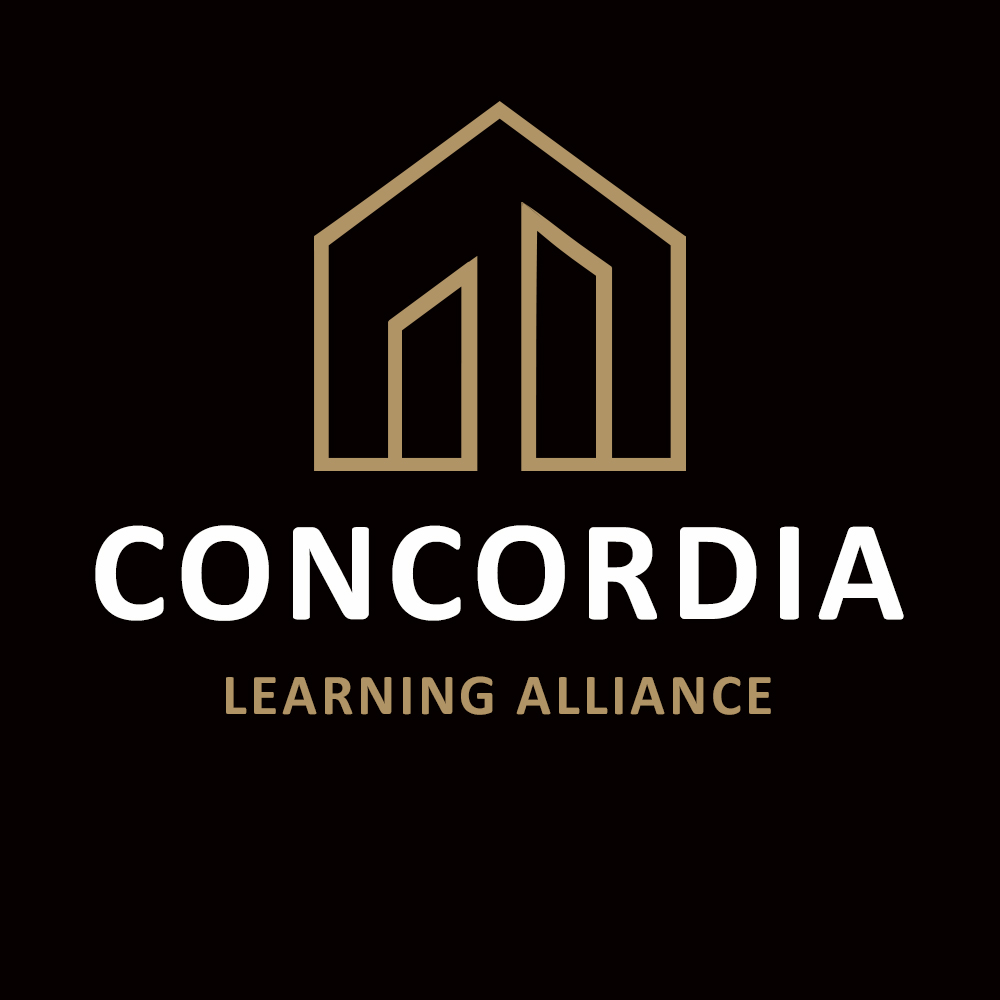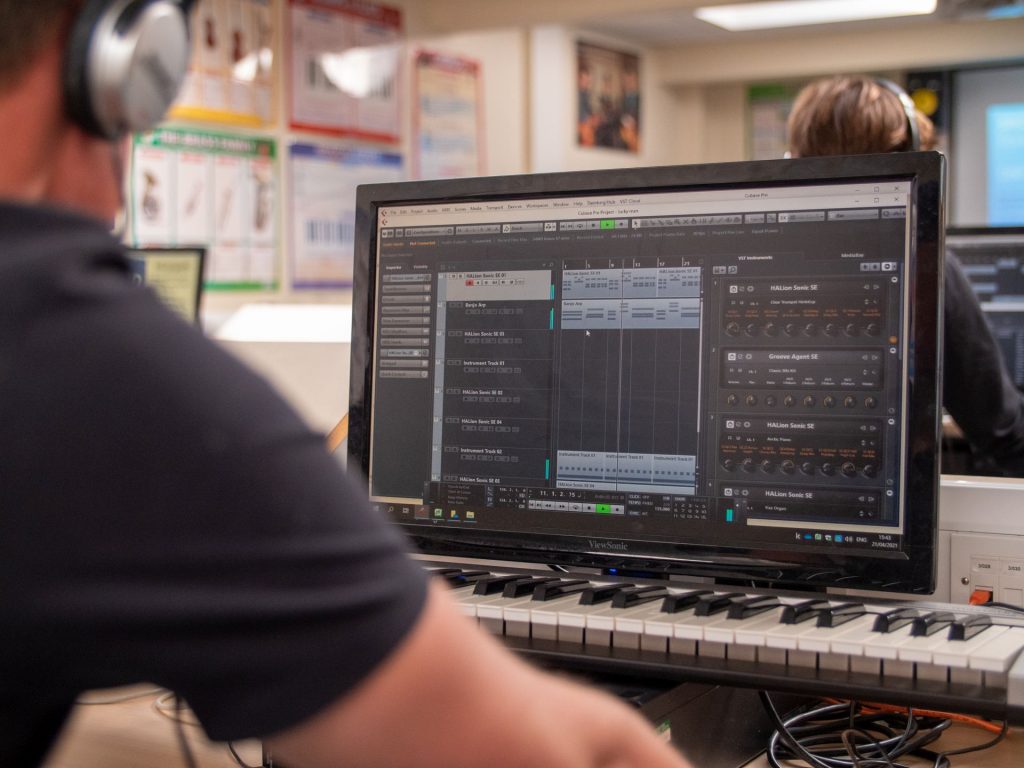Aspiring
Leadership
Programme





Concordia Aspiring Leadership Program
Aspiring Future Middle Leaders Programme
For new middle leaders wanting to enhance and develop their practice, or experienced teachers who would like to progress into a leadership role.
This course is comprised of three modules designed to provide you with a critical understanding of the principles underpinning leadership and management, with a particular focus on leadership at the middle level in schools.
- Module 1- Myself as a Leader
- Module 2- Leading Teams
- Module 3- Leading the Wider School
For each module you will attend a face-to-face session (full day), across contrasting school settings, where you will explore, and critically reflect on, key theories and principles for effective leadership, participate in group discussions, meet with experienced middle leaders to help better understand perspectives on leadership, and have the opportunity to observe practice that demonstrates leadership of staff.
Throughout the course, you will explore leadership styles and models and develop personal self-awareness in order to reflect on your own leadership approach in real work situations.
There will be a focus on effective leadership of a team and you will consider how to plan for and deliver effective implementation and about building an effective school culture.
You will share your experiences with others at a similar stage of development, thus learning about other school contexts and a range of ways of responding to different situations.
Programme Summary
Module One – Myself as a Leader
Session Aims
- Identify characteristics in myself which contribute to being a leader
- Understand different leadership styles and their strengths and weaknesses
- Understand what effective team management looks like.
| Learn that… | Learn how to… | |
| Identify characteristics in myself which contribute to being a leader | Everyone has attributes that may help them to lead teams. Self-awareness and analysis can be a useful tool in developing teaching practice and leadership competency. | Reflect on their own personal characteristics and values. Conduct tasks that will help them to achieve a greater understanding of their leadership potential. |
| Understand different leadership styles and their strengths and weaknesses | There are different styles of leadership and that it is important that individuals recognise these. Different leadership styles can be effective and middle leaders should consider their own values and preferred style. | Identify different styles of leadership within their existing settings. Critically reflect on the leadership of others and consider their own perspectives on leadership. |
| Understand what effective team management looks like | Team management is a key role for middle leaders and is something that may be a new challenge to participants. There are multiple layers of middle and senior leaders in schools. Managing teams effectively is how whole school improvements are made. | Plan questions to ask middle leaders to help better understand perspectives on leadership. Reflect critically on the best ways to develop their own leadership style. Observe classroom practice that demonstrates the leadership of staff and discuss the strengths and weaknesses of what they have observed. |
Module Two –Leading Teams
Session Aims
- Understand how coaching and mentoring can be used successfully in a leadership capacity to help staff reach their full potential.
- Understand how to best support staff and improve motivation and wellbeing.
- Understand how to shape your team meetings and work towards clear objectives.
| Learn that… | Learn how to… | |
| Understand how coaching and mentoring can be used successfully in a leadership capacity to help staff reach their full potential. | Coaching and mentoring teaching staff in your team can be an important and powerful leadership skill, which can help to nurture a growth mindset. High quality coaching can be an effective way of building confidence, trust, self-esteem and a positive team culture. This can lead to higher levels of motivation and, ultimately, improved outcomes. | Use effective coaching techniques with teaching staff. Draw a clear distinction between coaching and mentoring and recognise the circumstances in which these two approaches might be used. Recognise the need for coaching and mentoring within your team. |
| Understand how to best support staff and improve motivation and wellbeing. | Staff support can take many forms and is something which stems from a positive culture and ethos within an organisation. Middle leaders have an active role to play in supporting the wellbeing and motivation of their colleagues. Staff wellbeing is influenced by many interrelated factors and understanding these is crucial to their long-term motivation | Listen effectively to staff concerns. Recognise the situations where supportive interventions need to be made and what those interventions might involve. Establish clear boundaries between professional and personal relationships. |
| Understand how to shape your team meetings and work towards clear objectives. | Department meetings are an effective way to work strategically towards a single vision, but they must be planned carefully with a clear agenda. Effective meetings are purposeful, constructive and have clear outcomes. | Lead purposeful and effective team meetings. Create meaningful action points. |
Module Three –Leading the wider school
Session Aims
- Understand how coaching and mentoring can be used successfully in a leadership capacity to help staff reach their full potential.
- Understand how to best support staff and improve motivation and wellbeing.
- Understand how to shape your team meetings and work towards clear objectives.
| Learn that… | Learn how to… | |
Understand strategies for dealing with challenging conversations with colleagues and other stakeholders. | Leaders are more likely to have to hold challenging discussions with parents, colleagues and other stakeholders Difficult conversations can be planned for and certain strategies can be employed to help de-escalate challenging conversations. | Plan for the challenging conversations to ensure there is every chance of a successful outcome. Employ strategies that reassure others and show understanding. Work with trusted colleagues to prepare for courageous conversations. |
| Understand current school priorities and the features of effective action planning. | Each school is unique and will have its own set of circumstances and challenges. All schools create a SIP which allows them to analyse their performance and key targets for the academic year Action planning is critical for subjects and phases. Planning will use different formats. | Analyse a school’s SIP to look for key themes. Contrast documentation from a range of settings. Assess the key needs of fictional settings to consider, priorities and create an action plan around these. Present and justify ideas around action planning. |
| Understand the processes around effective observation and feedback. | Observation is a key part of school development and middle leaders are likely to have to undertake this role. Careful planning around observations and feedback will allow for the process to be constructive for all involved. Observations can be targeted to look for specific areas for development. | Conduct a drop-in observation with a specific focus. Prepare for lesson observation feedback. Structure and deliver feedback in a positive manner. Hold staff to account with constructive discussions around developmental needs. Plan to support colleagues who may need further guidance. |
Course Fee
£200 per person
Programme Dates for 2024-25
| Date | Time and Venue | |
| Module 1 | Friday 15th November 2024 | 9.00-3.00 p.m. at St Nicholas Special School |
| Module 2 | Friday 31st January 2025 | 9.00-3.00 p.m. at Simon Langton Grammar School for Boys |
| Module 3 | Friday 20th June 2025 | 9.00-3.00 p.m. at The Canterbury Academy Trust. |




Collaboration to Enhance Professional Learning and Success
